Need to develop more effective incentive policies for green building investors
Vietnam needs to have legal regulations to implement preferential policies to develop green buildings in the coming time. Because the initial cost to implement a green building project in Vietnam is higher than that of a normal building project, ranging from 1.2% to 10%. Meanwhile, preferential policies and support from the State for investors implementing green building projects are insignificant...
This is one of the outstanding proposals at the first international conference in Vietnam on: "Policies and laws on green building projects in Vietnam and some countries" co-organized by Ho Chi Minh City University of Law and Phuc Khang Investment and Construction Joint Stock Company (Phuc Khang Corporation - PKC) on the morning of April 10, 2024.
The program was attended by more than 120 guests including experts, lawyers from Singapore, Malaysia, UK, Vietnam, representatives of state management agencies, businesses, lecturers, researchers, graduate students and students from related faculties...
Policy - law on green buildings in Vietnam and international experiences
The international conference was held with the aim of identifying and analyzing the legal, economic , environmental and practical aspects of green building development in Vietnam, as well as learning from international experiences. The program included two main sessions with valuable presentations on green buildings such as: Presentation "Green buildings in Singapore - Construction of buildings using ultra-low energy and no energy"; Presentation "Singapore's policies and laws on green building development and lessons for Vietnam"; Presentation "Laws and policies for green real estate projects in Malaysia; Presentation "Green building incentive mechanisms in London, UK"...
In addition, there are also proposals on policies and laws related to the practice of green building development in our country in the coming time such as: "Legal basis for implementing green building projects in Vietnam"; "Green buildings in Vietnam - Development process and new challenges"; "Laws on green credit, green bonds for investment projects: current situation and recommendations"...
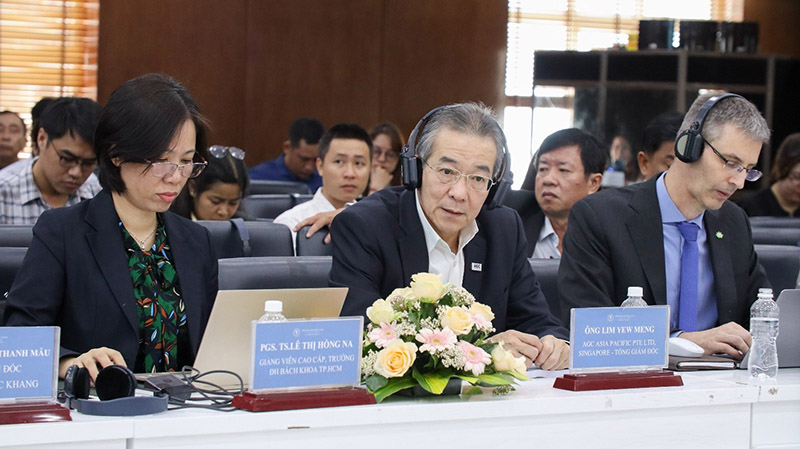 |
| The international conference attracted many domestic and international experts and lawyers specializing in green building research. |
In his opening remarks, Associate Professor Dr. Tran Viet Dung, Vice Rector of Ho Chi Minh City University of Law, suggested: “Today we are witnessing an era where green buildings are not just a trend but also an indispensable part of our global commitment to sustainable development. In fact, green buildings not only bring positive changes to the landscape, but also establish a practical, dynamic platform for studying sustainable development. Achievements around the world also emphasize the potential for cooperation between educational institutions and government agencies in expanding the boundaries of green construction.
In Vietnam, the construction sector is promoting green construction measures, reflecting the country's commitment to sustainability and environmental protection. In that context, Ho Chi Minh City University of Law recognizes the urgent need to integrate the development of green construction activities with scientific research activities. Within the framework of the workshop, the cooperation between Ho Chi Minh City University of Law and Phuc Khang Investment and Construction Joint Stock Company, along with research and exchanges, will be a demonstration of promoting partnerships to contribute to common development.
At the event, the speakers also pointed out the shortcomings that limit the development of green buildings in Vietnam. Specifically, real estate businesses are still hesitant to participate in developing this field due to high investment costs, green building development experience is not yet popular and the criteria for evaluating green buildings in Vietnam are still incomplete. On the part of state agencies, the Ministry of Construction, together with related ministries and branches, is still in the process of coordinating to develop preferential regulations, support taxes and fees, and facilitate procedures and documents for energy-saving and green buildings.
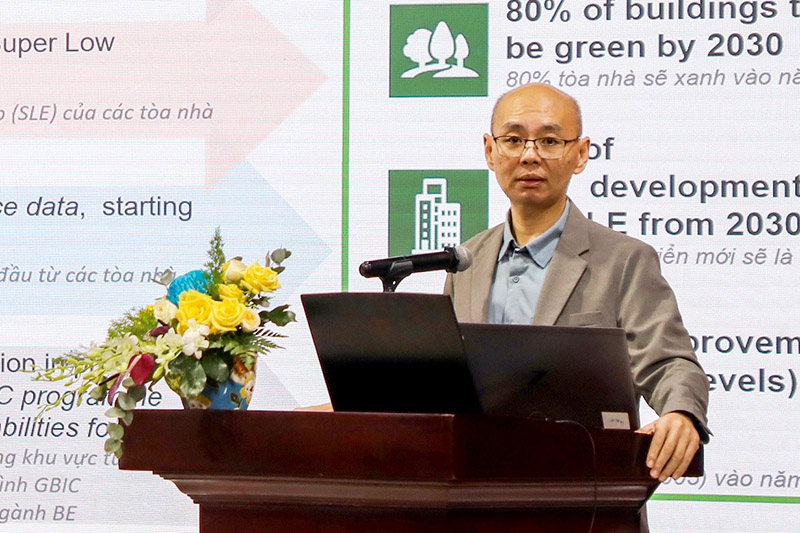 |
| Mr. Owen Wee - Co-Chair of BCA GreenMark SLE/ZEB Task Force, Former Member of Singapore Green Building Council at the workshop |
To serve as a basis for application in Vietnam, the workshop also invited leading experts and lawyers from countries on green construction with many practical and interesting contents. Typically, the presentation of Mr. Owen Wee - Co-Chair of BCA GreenMark SLE/ZEB Task Force, Member of Singapore Green Building Council on initiatives and proud experiences from Singapore's green construction journey.
“The Singapore Green Building Master Plan (SGBMP) will play a key role in achieving a sustainable and low-carbon built environment to support Greening Singapore 2030, a national sustainability movement to address climate change. Greening Singapore 2030 comprises several key supporting elements: (i) Green Cities; (ii) Sustainable Living; (iii) Energy Reset; (iv) Green Economy; and (v) Resilient Future. Of these, the ‘Green Cities’ initiative aims to create a green, liveable and sustainable living environment for all Singaporeans by expanding green spaces, planting one million trees across the island and building more parks within walking distance of residential areas to create carbon sinks,” said Mr Owen Wee.
Recommendations from the leader of the pioneering green building developer
Ms. Luu Thi Thanh Mau (Vice President of the Vietnam Young Entrepreneurs Association, Vice President of the Ho Chi Minh City Real Estate Association, General Director of Phuc Khang Corporation), is known as one of the pioneering leaders with many activities to promote green buildings in Vietnam. At this international conference on policies and laws related to green buildings, CEO Luu Thi Thanh Mau was one of the outstanding speakers, contributing a passionate speech with the topic: "Singapore's policies and laws on green building development and lessons learned for Vietnam".
From practical experience and research, CEO Luu Thi Thanh Mau proposed that “It is necessary to issue a set of green building/green building project assessment tools specifically applicable to Vietnam and regulate the authority to assess and certify green buildings under the construction agency”. This is to prevent the arbitrary application of green buildings, and to create a basis for developing green buildings in a systematic, serious, and substantive manner.
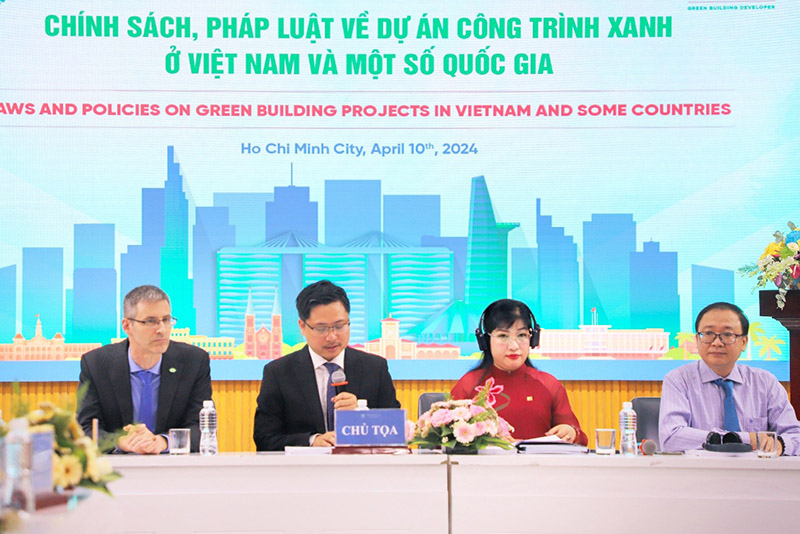 |
| CEO Luu Thi Thanh Mau (red shirt) with experts at the international conference |
The next proposal to promote green buildings in Vietnam, emphasized by CEO Phuc Khang Corporation, is: “There should be a mandatory roadmap for implementing green buildings/green building projects to gradually shift from the public sector to the private sector”. This is seen as sending a signal to the private sector and investors that the Government is serious about green buildings.
CEO Luu Thi Thanh Mau also pointed out that the initial cost to implement a green building project in Vietnam is higher than that of a normal building project, ranging from 1.2% to 10%. Meanwhile, the preferential policies and support from the State for investors implementing green building projects are insignificant. This makes the business price of a green building project higher than that of a normal project, creating a reluctance for investors to invest in construction...
With the above arguments, CEO Luu Thi Thanh Mau has the following opinion on this issue: Vietnam needs to develop more effective incentive policies for green building investors such as: (i) Loans with preferential interest rates; (ii) Research on floor area rewards at a reasonable level; (iii) Add more incentives for green bond issuers. It is necessary to organize awards related to green buildings to honor the contributions of individuals and organizations.
Finally, to promote green buildings in Vietnam, in parallel with policies and laws, it is also necessary to raise awareness of green buildings for investors and consumers. “We can start first in urban areas such as through training programs from universities and expand to all levels of society, have a communication strategy about green buildings, popularize to those who need to buy, rent, and lease-purchase buildings what green buildings are and the great benefits that green buildings bring in terms of economy, society and environment”, CEO Luu Thi Thanh Mau shared.
Source



![[Photo] President Luong Cuong receives delegation of the Youth Committee of the Liberal Democratic Party of Japan](https://vstatic.vietnam.vn/vietnam/resource/IMAGE/2025/8/22/2632d7f5cf4f4a8e90ce5f5e1989194a)
![[Photo] Prime Minister Pham Minh Chinh chairs the conference to review the 2024-2025 school year and deploy tasks for the 2025-2026 school year.](https://vstatic.vietnam.vn/vietnam/resource/IMAGE/2025/8/22/2ca5ed79ce6a46a1ac7706a42cefafae)

![[Photo] President Luong Cuong attends special political-artistic television show "Golden Opportunity"](https://vstatic.vietnam.vn/vietnam/resource/IMAGE/2025/8/22/44ca13c28fa7476796f9aa3618ff74c4)


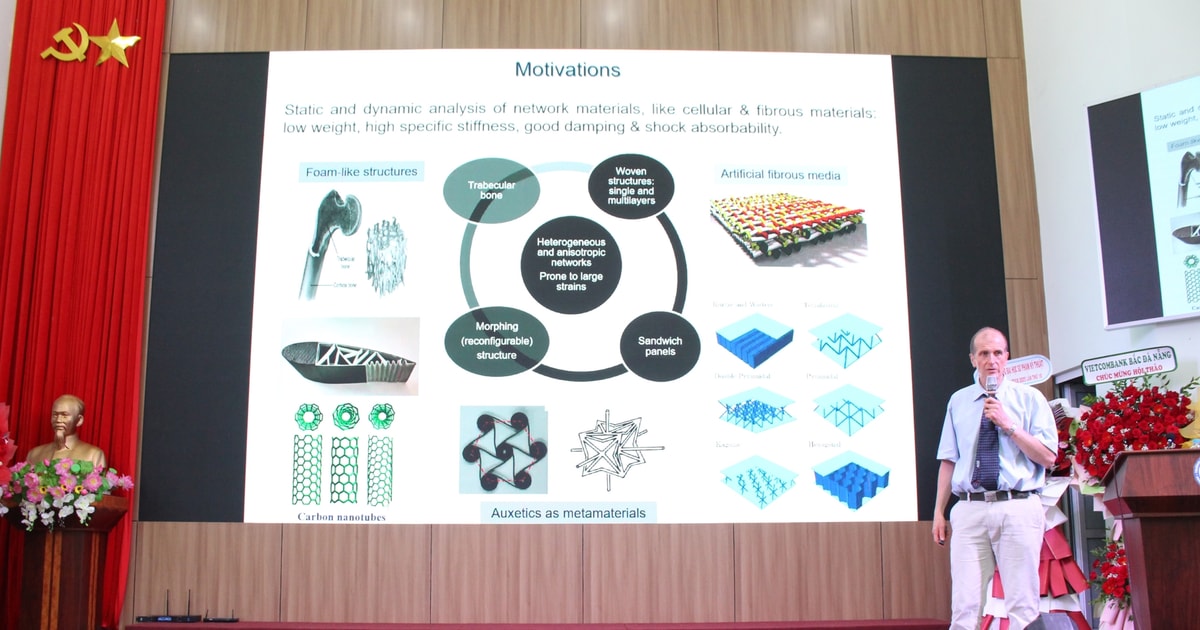



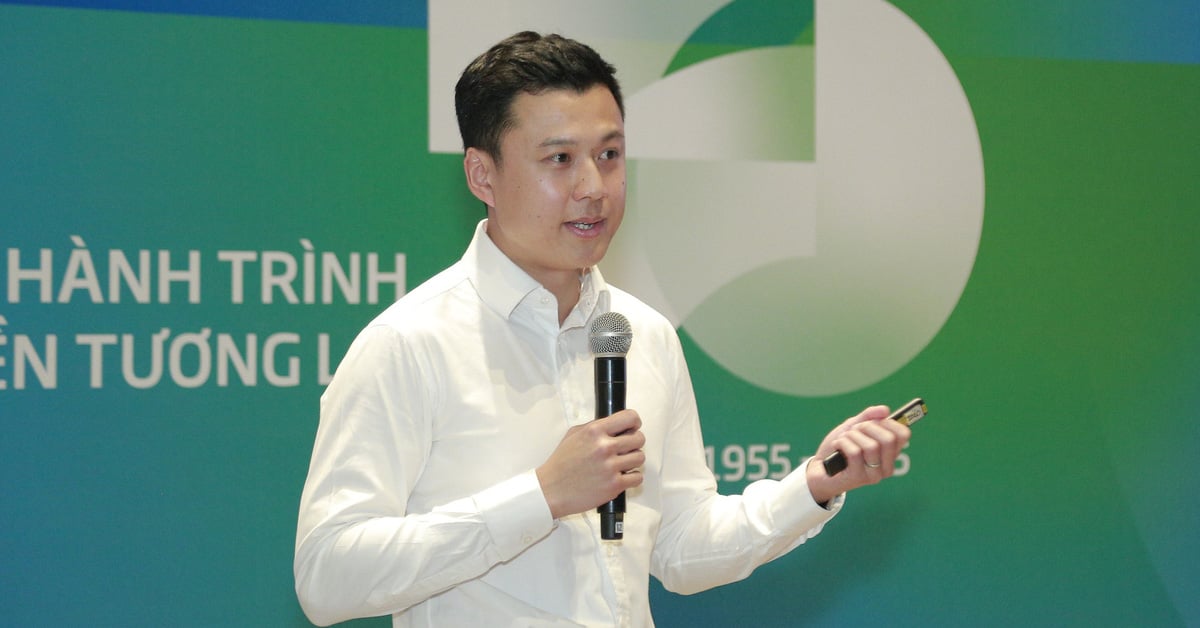


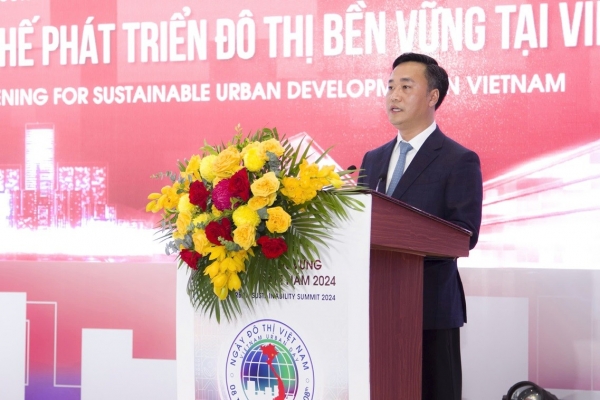

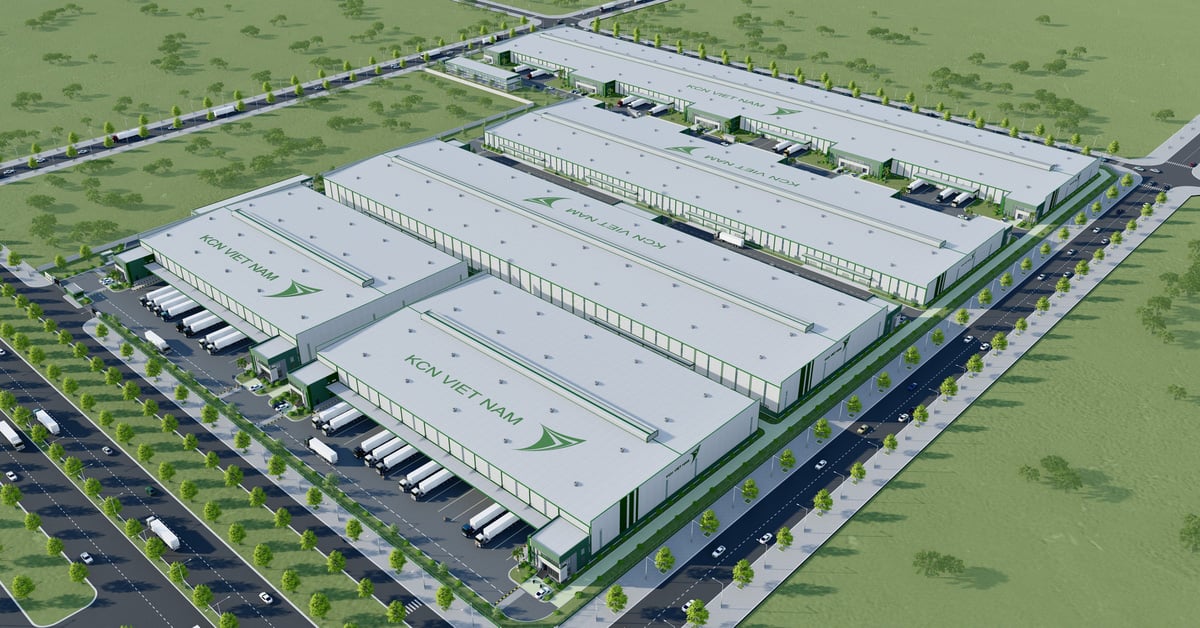
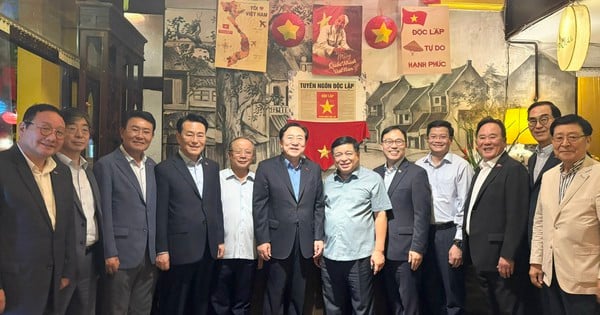

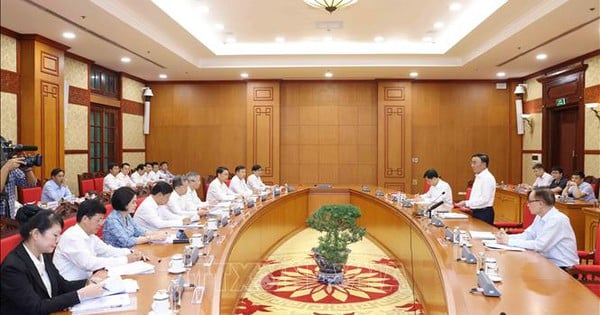
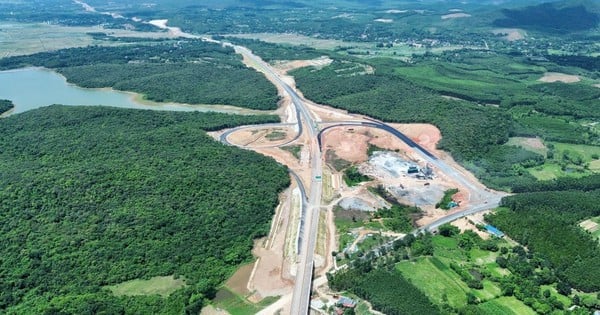


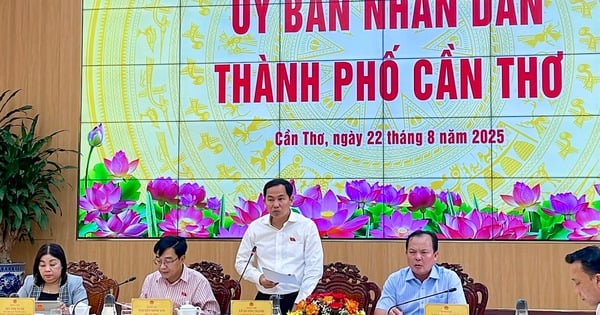





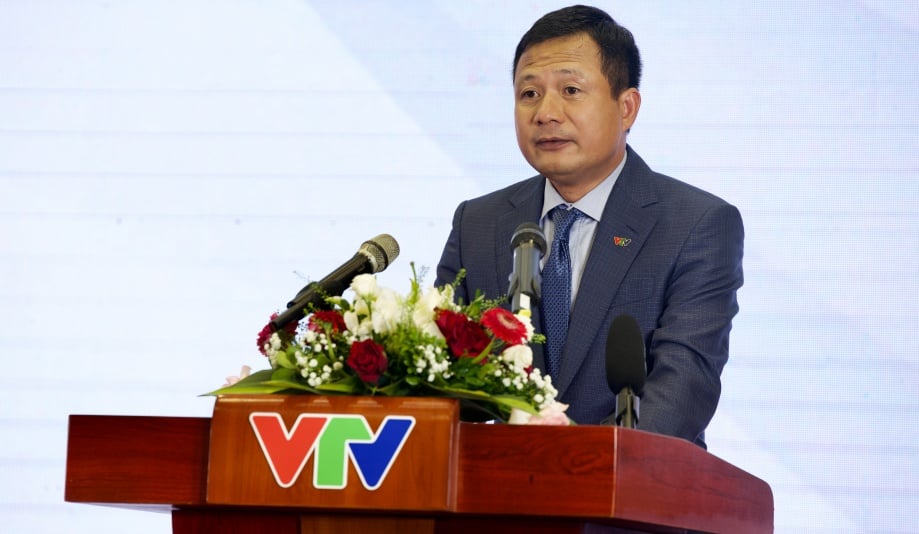
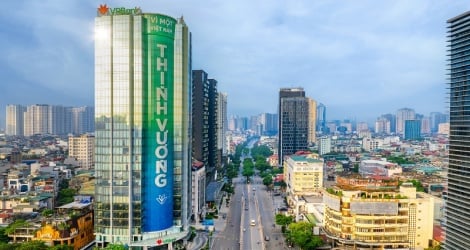


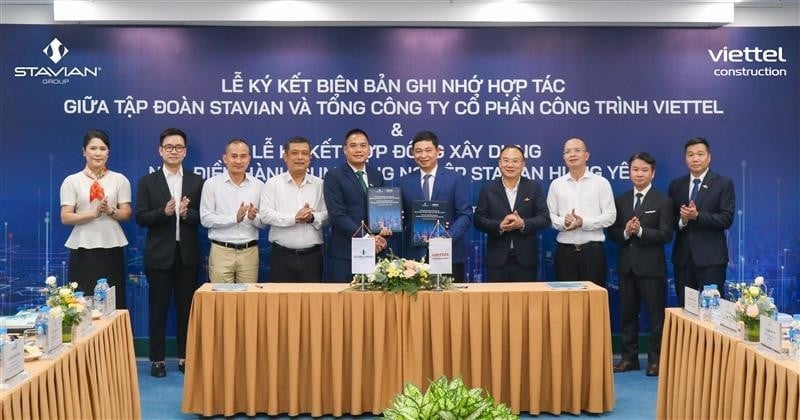
































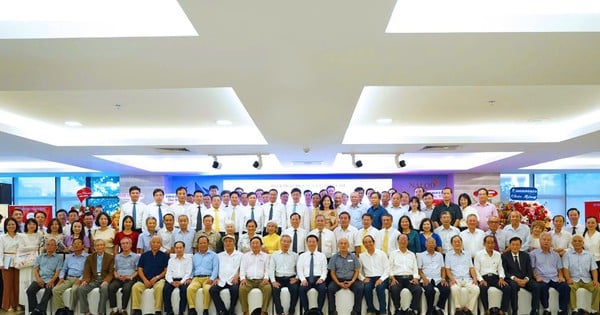

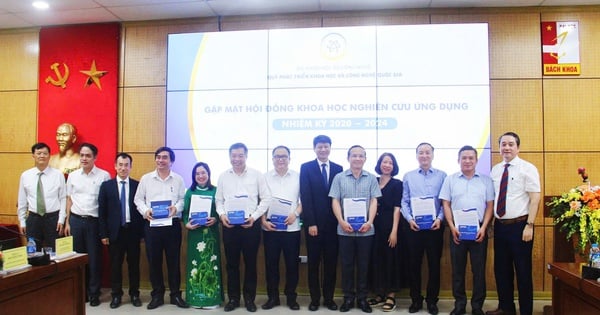









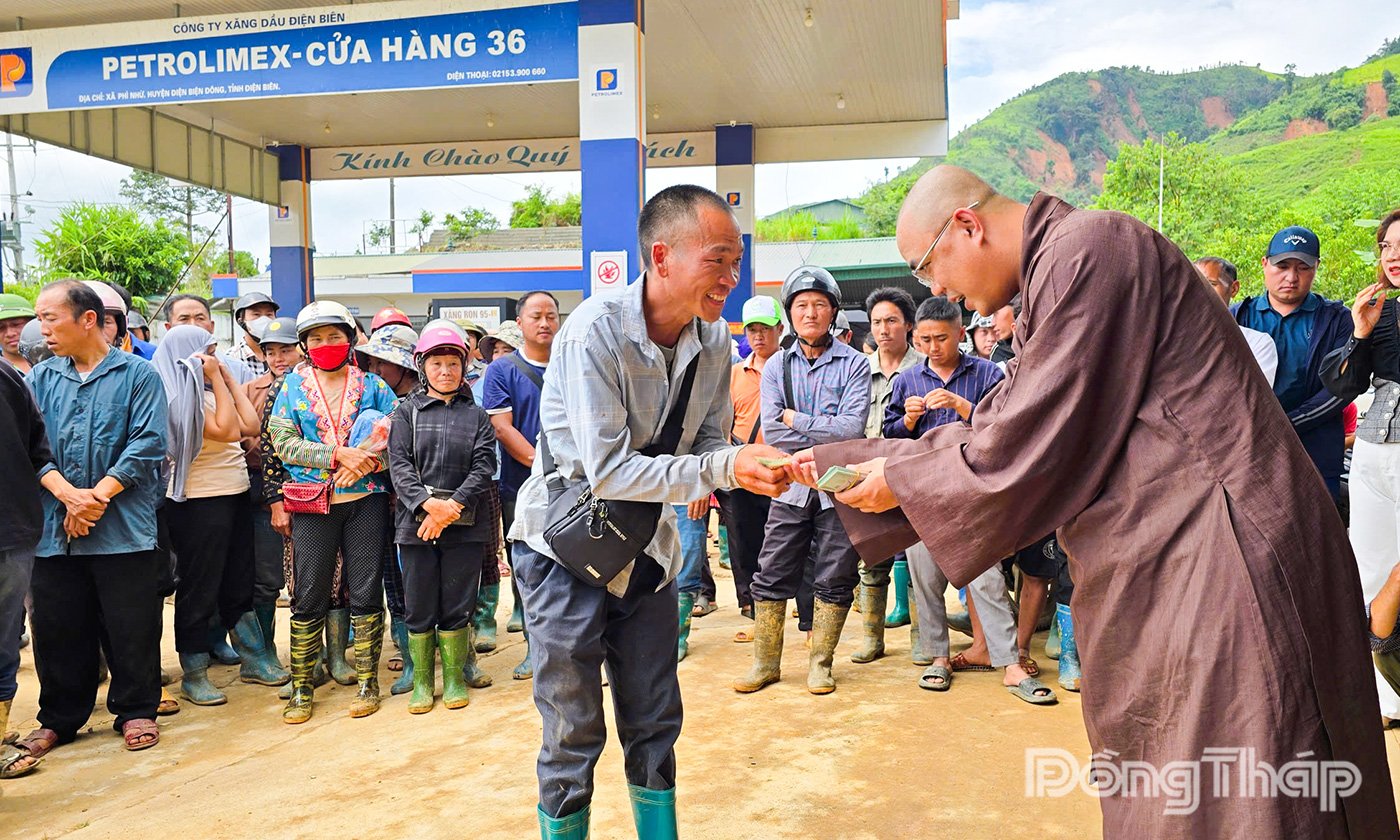

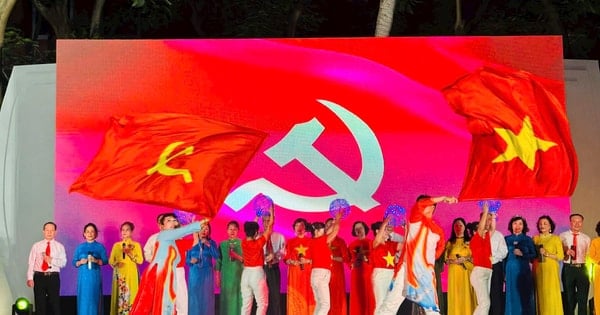

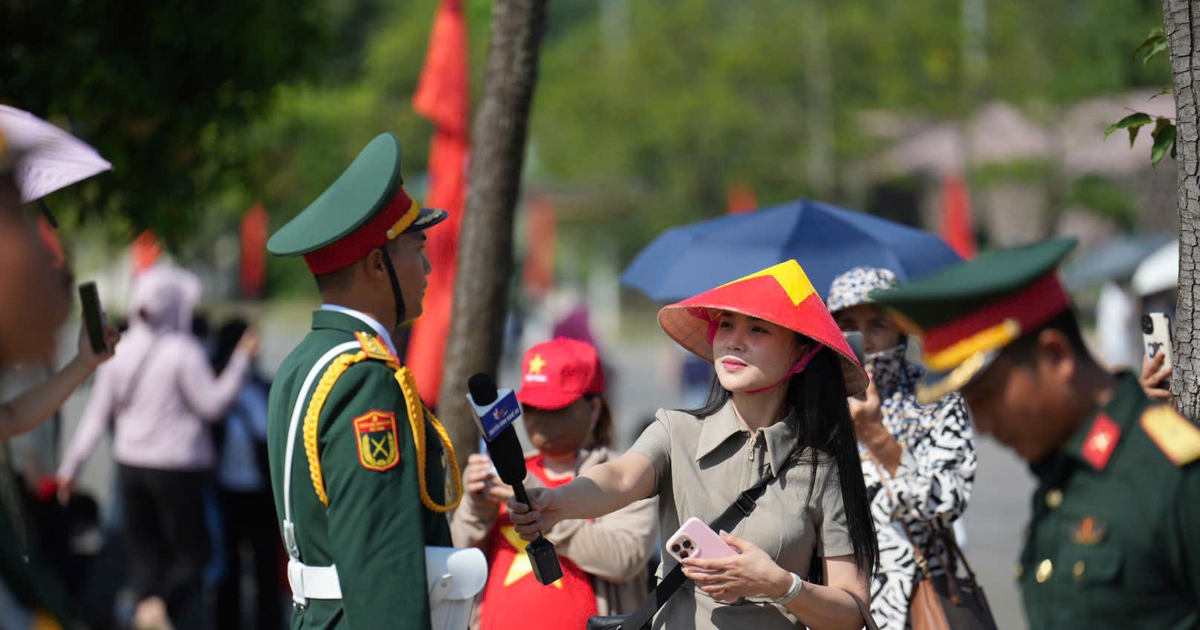

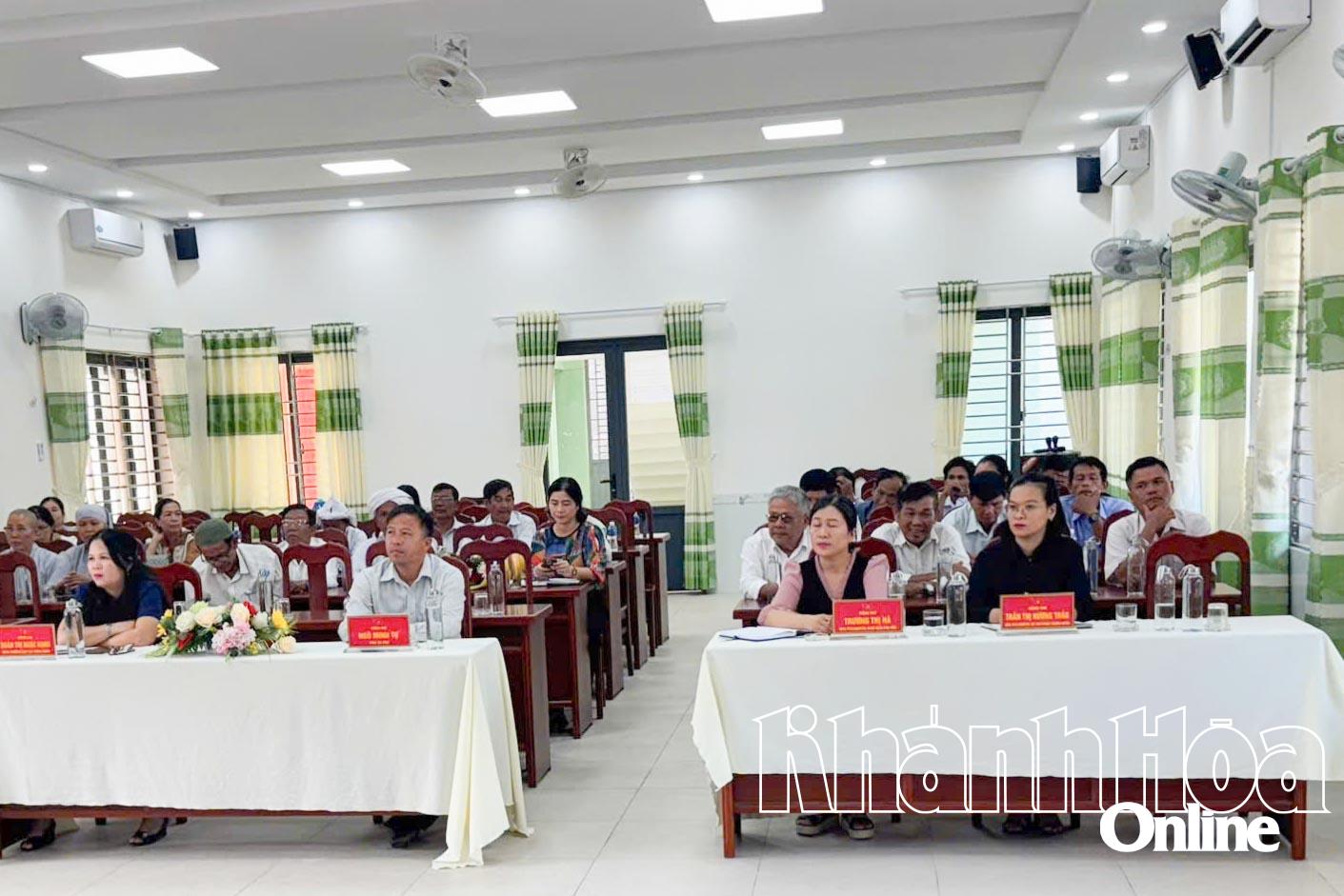
















Comment (0)